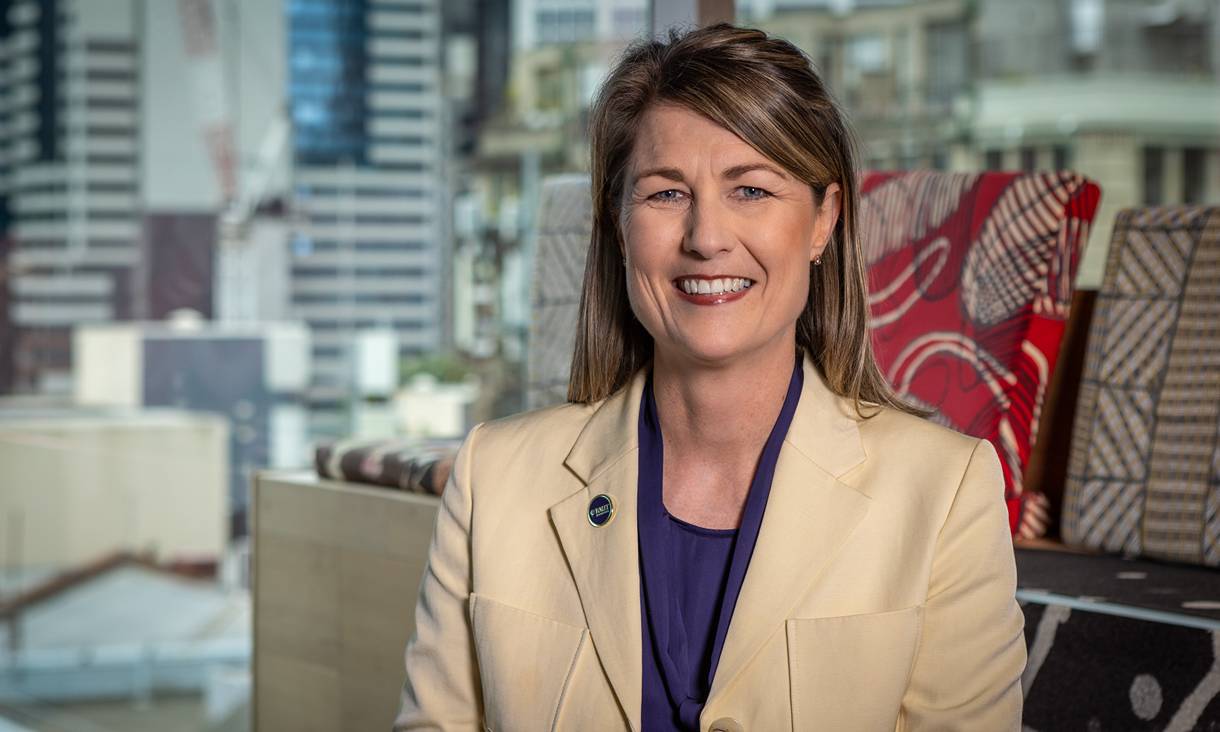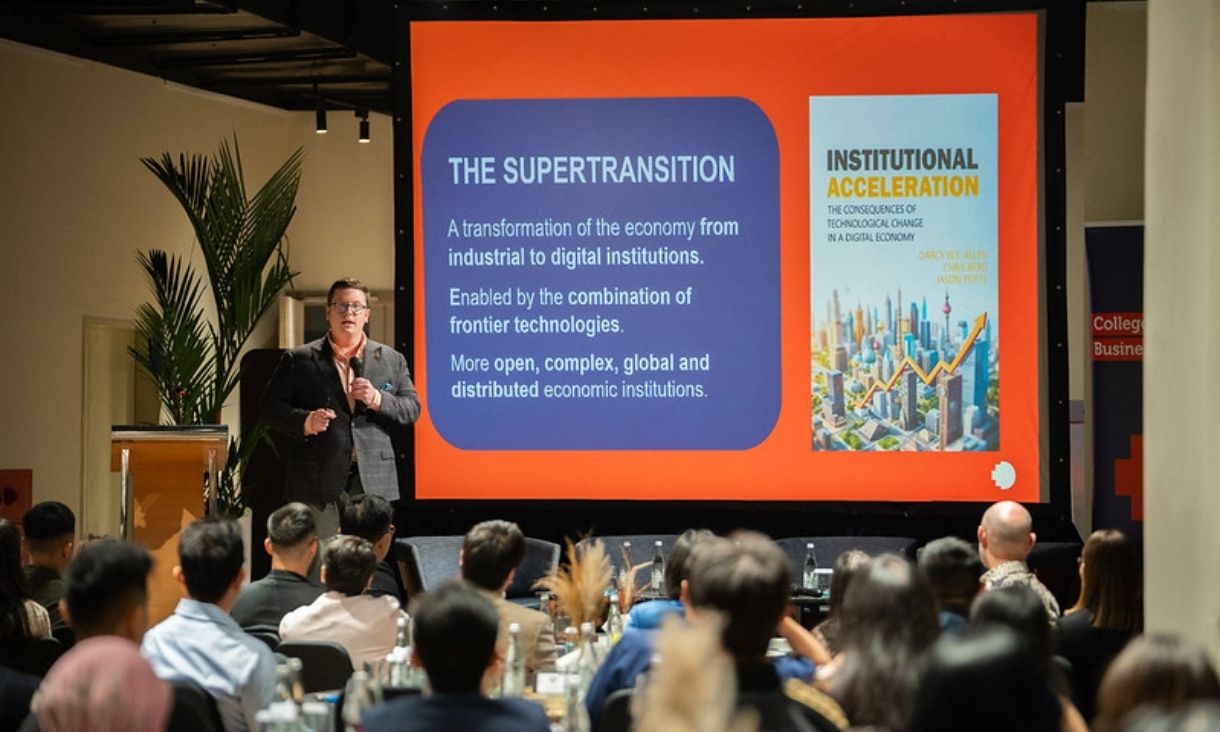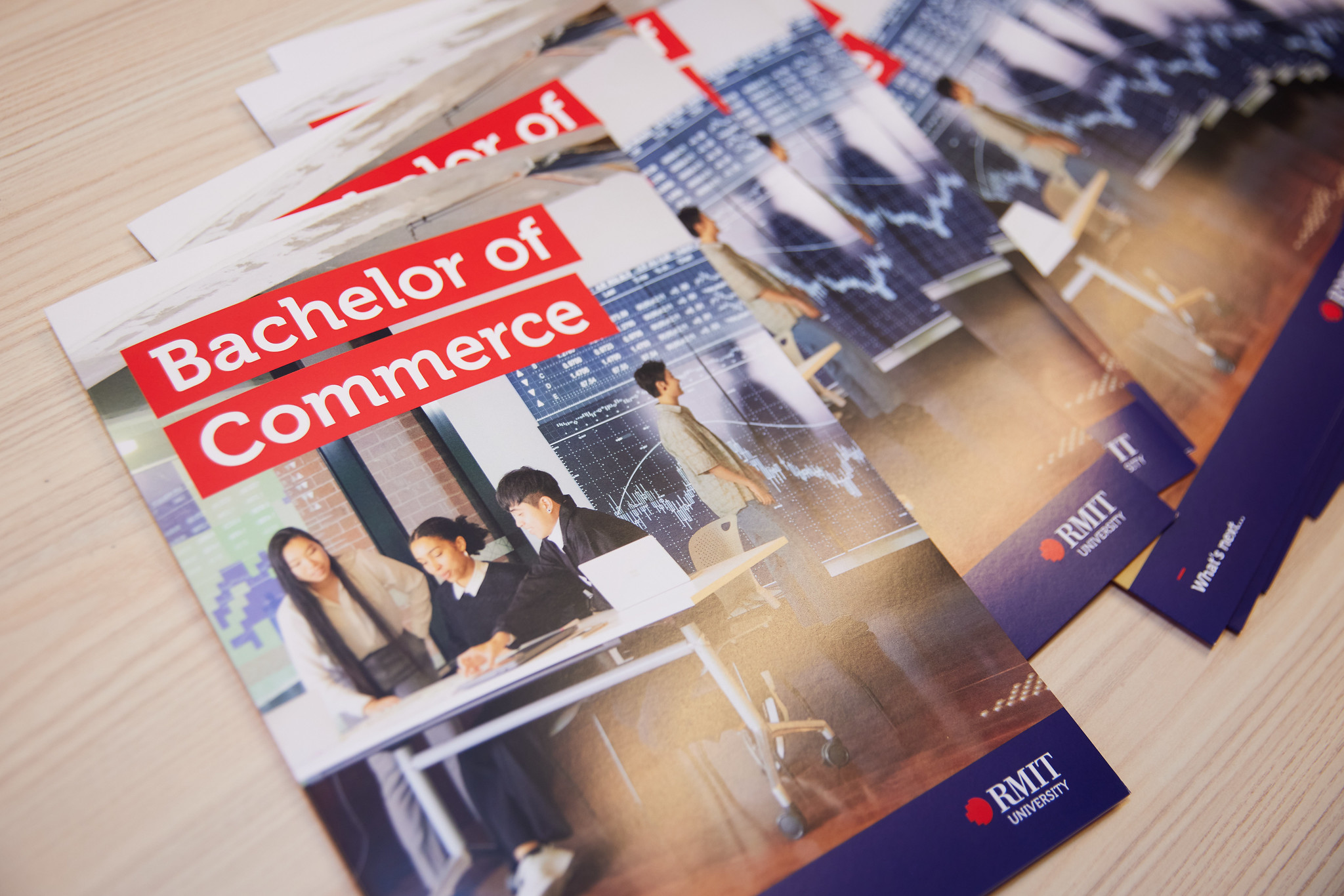Following the Global Financial Crisis, public trust in businesses around the world fell dramatically and sparked new calls for tougher regulations and more frequent corporate disclosures to hold companies to account.
In Australia, this already suffering rate of confidence was underscored by the findings of the Royal Commission into financial services.
With evidence from more than 500 witnesses, misconduct was found across banks, insurance and superannuation companies.
Tsahuridu said both events highlighted the need for improved corporate regulations and propelled the need for higher education standards for those entering the financial sector, particularly in the areas of financial planning.
“In the post-Royal Commission era, we are seeing that the professional, ethical and education standards around financial planning are increasing,” she said.
“In line with this, we are seeing renewed interest in financial planning programs, such as RMIT’s double degree in financial planning and accounting in particular."
At a time when disruption is the norm and the world of work is constantly shifting, Pro Vice-Chancellor Business and Vice-President Julie Cogin said effecting change quickly and effectively was one of the biggest challenges facing all businesses.
“To survive and thrive, every organisation needs to know how to navigate change and access the skills needed to compete in a rapidly changing world,” she said.
“The most successful organisations of the future will be those that are trusted – by their customers, employees and the community alike.
“In accounting at RMIT, this means an enlarged focus on building business consulting capabilities, which responds to demand for accountants that can add value to a client’s business.
“A contemporary world-class business education should include a focus on ethical judgement and industry engagement as well as utilise technology to create flexible and rewarding and learning experiences.”
Tsahuridu said RMIT’s accounting programs were both market and industry-led, designed to ensure students graduated ready to take on future challenges.
“Our programs are designed to incorporate the macro trends we are seeing, as well as meet industry demands across transferable skills like effective communication, emotional intelligence and leadership,” she said.
RMIT recently teamed up with industry to develop Bogart Technologies in response to the revised and restructured International Code of Ethics for Professional Accountants.
The serious game is set to equip students and professional accountants with skills to identify ethical issues outlined in the Code, with a micro-credential provided upon completion.
Released by the International Ethics Standards Board for Accountants (IESBA) and effective from June 2019, professional accountants globally are required to comply with the Code.
“We have extensive relationships with industry partners of different sizes and areas of expertise who contribute to our teaching and research. This is really important for our students to gain both depth and breadth of knowledge,” Tsahuridu said.
“We also have a program advisory committee and we look beyond just Australia, taking our students to organisations in America, Europe and Asia.”





